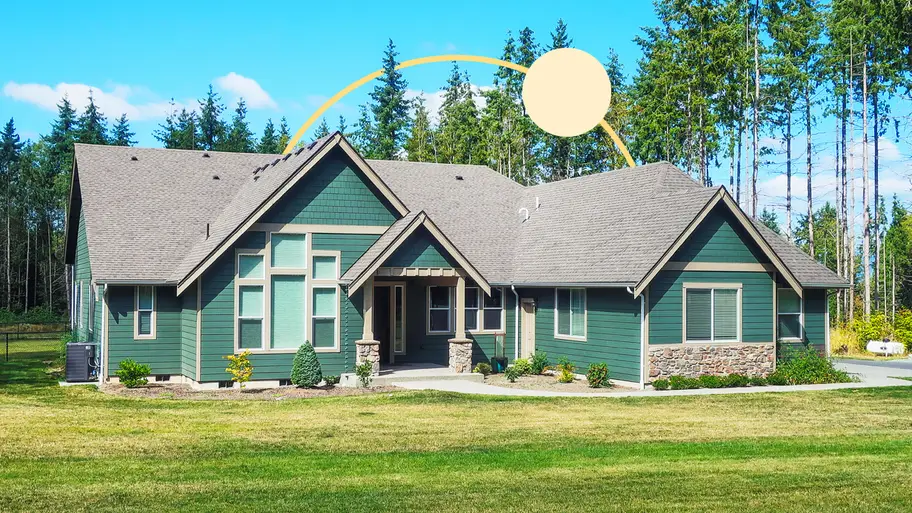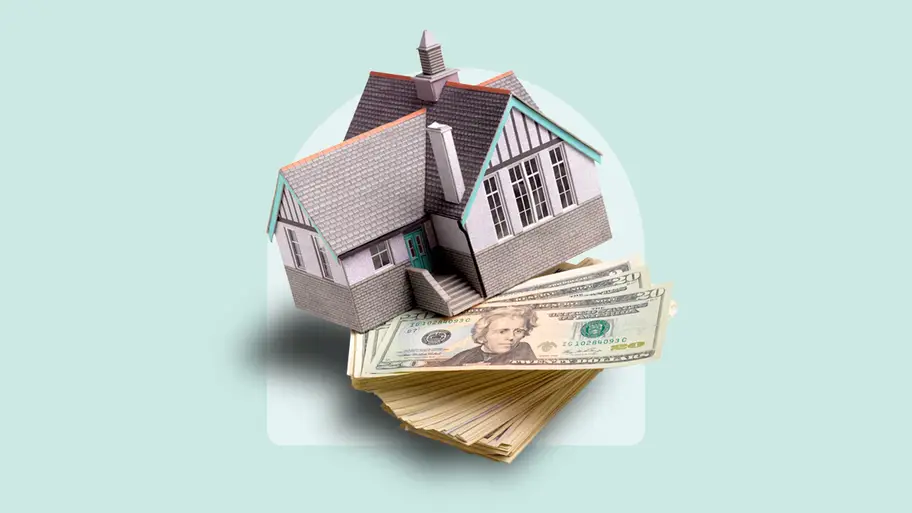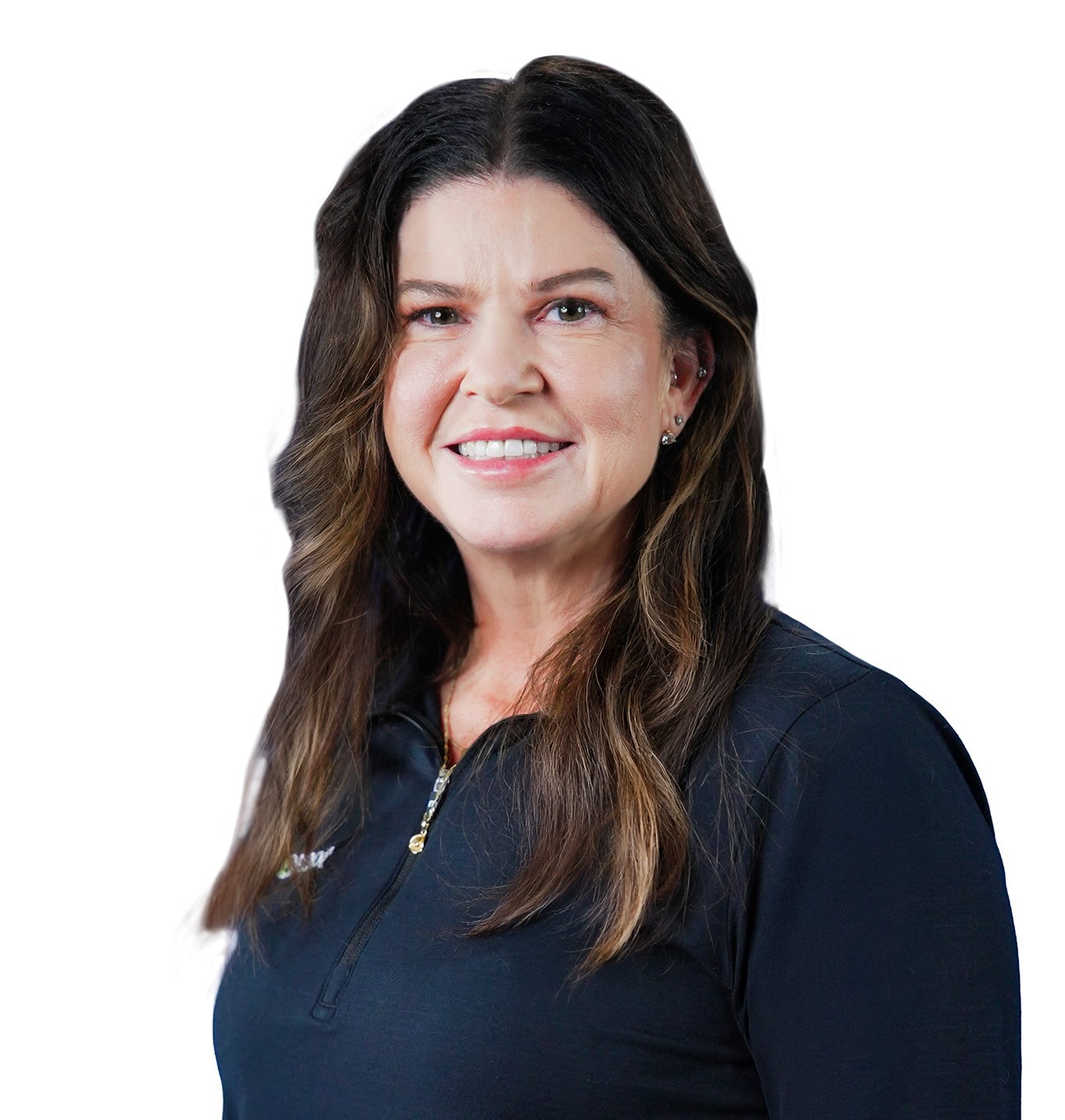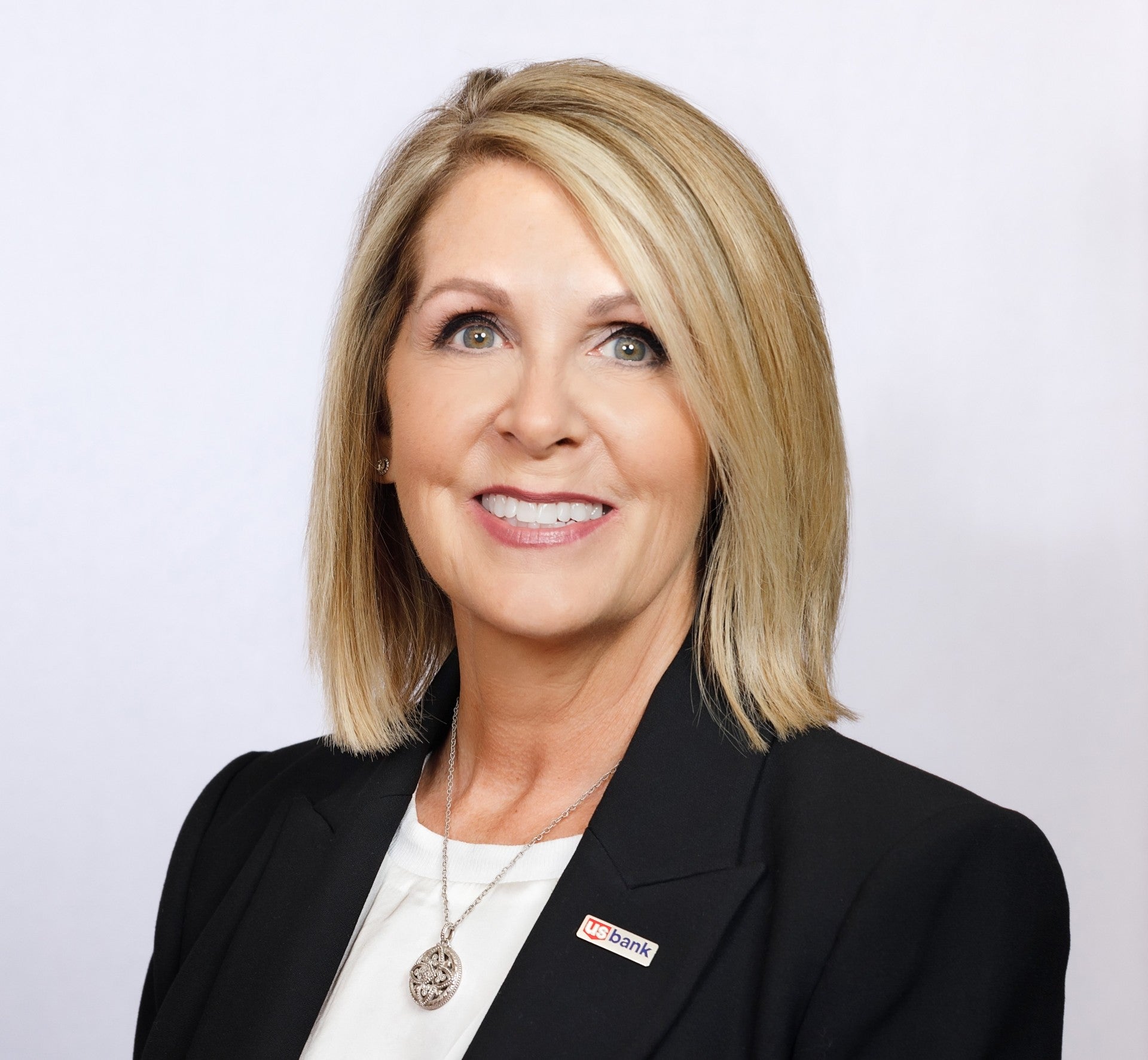Current home equity loan rates for February 2026
National home equity loan interest rate trends - Feb. 4, 2026
Home equity rates fall to lowest level in almost three years
Home equity rates fell across the board this week to lows not seen since 2023. The $30,000 5- and 15-year home equity loan rates fell two basis points to 7.90% and 8.07%, respectively, according to Bankrate’s national survey of lenders. Meanwhile, the 10-year home equity loan rate fell one basis point to 8.08%.
At the Fed’s latest policy-setting meeting, it left its benchmark interest rate unchanged at a target range of 3.5% to 3.75%. The central bank says it will continue to monitor inflation and the job market as it plans its next move.
Rate stability is one reason homeowners choose home equity loans. The loans typically come with an interest rate that stays the same for the life of the loan, protecting borrowers from market fluctuations unless they choose to refinance.
Although home equity loans are often cheaper than many other forms of borrowing, today’s rates are still well above the historic lows seen in 2022, when some dipped near 4%.
“It's not truly low-cost financing, although it's a lot cheaper than most credit cards,” says Bankrate senior analyst Ted Rossman. “Just make sure you're borrowing for the right reasons. You're putting your home on the line, so don't do it for something frivolous. Sometimes it makes sense to save up and pay for things without taking on debt.”
What are the current interest rates for home equity loans?
| LOAN TYPE | AVERAGE RATE | AVERAGE RATE RANGE |
|---|---|---|
| 5-year home equity loan | 7.90% | 5.49% - 10.37% |
| 10-year home equity loan | 8.08% | 6.25% - 10.50% |
| 15-year home equity loan | 8.07% | 6.25% - 10.75% |
Comparing home equity loan interest rates
To conduct the National Average survey, Bankrate obtains rate information from the 10 largest banks and thrifts in 10 large U.S. markets. The rates shown above are calculated using a loan or line amount of $30,000, with a FICO score of 700 and a combined loan-to-value ratio of 80 percent.
Is now the right time to get a home equity loan?
Best home equity loan rates in February 2026
| LOAN TYPE | LOAN AMOUNT | LOAN TERM | STARTING APR |
|---|---|---|---|
| Up to $600,000 | 5 to 20 years | 6.74% | |
| $10,000–$250,000 | 10 to 20 years | 6.75% | |
| $10,000–$300,000 | 5 to 30 years | 6.79% | |
| $10,000 - $500,000 | 10 to 30 years | 6.99% | |
| $5,000 minimum | 5 to 15 years | 7.31% | |
| $25,000–$750,000 ($1 million in CA) | Up to 30 years | 7.15% | |
| $10,000 minimum | 5 to 30 years | 7.24% | |
| $25,000–$400,000 | 5 to 20 years | 7.49% |
Note: The above APRs are current as of February 4, 2026. The exact APR you might qualify for depends on your credit score and other factors, such as whether you're an existing customer or enroll in auto-payments.
Factors that determine your home equity loan rate
There are several factors — some personal, some tied to broader economic trends — that affect your home equity loan rate:
- Federal Reserve policy: When the Fed raises or lowers the benchmark federal funds rate, it affects the prime rate, which is used to price home equity loans. If the Fed hikes rates, the cost of new home equity loans often increases, and vice versa. Existing home equity loan rates remain at their current, fixed levels.
- Credit score: Lenders use a borrower’s credit score to determine how likely he or she is to pay back the loan. The higher the score, the more creditworthy the borrower — and the lower the interest rate they’ll be offered.
- Debt-to-income (DTI) ratio: DTI measures your monthly income relative to your monthly debts. Lenders look for a lower DTI as it shows you are able to manage your obligations and may have room in your budget to take on more debt.
- Loan-to-value (LTV) ratio: LTV compares how much you’re borrowing to the appraised value of your home. A lower LTV — meaning more equity — signals less risk to the lender and can result in a lower interest rate.
- Loan amount and term: How much you’re borrowing and for how long can impact the rate the lender offers you. Generally, the longer the loan term, the higher the interest rate, because the risk of borrower default is bigger over an extended period.
- Market competition: Offering home equity loans is a business like any other. Lenders adjust rates to match what others in the field are doing or to attract borrowers.
How to choose the best home equity loan for you
It’s important to choose a home equity loan that aligns with your budget and financial goals. Compare rates, fees and borrowing limits to find the best option. Here’s how to get started:
- Start with a clear borrowing plan. Before applying, set a few goals. How much do you need to borrow? Note that many lenders have minimums starting at $25,000. What is the purpose of the loan? Home renovations and debt consolidation are among the most popular reasons people get home equity loans.
- Evaluate your available home equity. You typically need at least 15 to 20% equity in your home to qualify for a home equity loan. You can find your equity amount by subtracting your mortgage balance from the current value of your home. To find out how much you may be able to borrow, calculate 80% of your home's value and subtract your mortgage balance. Keep in mind that some lenders let you borrow 90% or more.
- Compare your credit score to lender requirements. Before applying, it’s worth checking what credit score minimums the lender sets, especially if your score is on the low side. Some lenders accept applications from borrowers with credit scores in the 600s, while others don’t.
- Shop around before committing. Don’t just choose the first offer you come across. Compare offers from at least three lenders, as rates, fees and borrowing limits can vary widely. And make sure to review the annual percentage rate (APR) on the loan, which reflects the combined impact of rates and fees, so it’s a better measure of the loan’s true cost.
- Review every detail before signing. Before signing the agreement, make sure you understand all the aspects of the loan, from closing costs to prepayment penalties. This will help you avoid expensive surprises down the line.
Pros and cons of home equity loans
When deciding if a home equity loan is the best choice, there are several advantages and disadvantages to consider.
Pros of home equity loans
- Lower interest rates than those of unsecured debt, such as credit cards or personal loans
- Relatively high borrowing limits
- Fixed interest rates and predictable monthly payments
- Lump-sum payouts
- Tax-deductible interest if funds used for home renovations
Cons of home equity loans
- Must typically own at least 15 to 20% of home outright
- Applications can be more complex than those for mortgages due to equity requirements
- Potentially expensive closing costs
- Adds a second lien to your home, reducing available equity
- Risk of losing your home if you can’t make payments
How different interest rates impact your monthly payments
Finding the best interest rate for a home equity loan is important, as even a quarter-point difference can impact your repayments. To demonstrate, here are the amounts you’d owe each month on a $30,000 loan within the current range of rates:
| AVERAGE APR | MONTHLY PAYMENT |
| 7.30% | $598.21 |
| 7.45% | $600.37 |
| 8.00% | $608.29 |
| 8.15% | $610.45 |
| 8.30% | $612.61 |
| 8.45% | $614.77 |
Alternatives to a home equity loan
A home equity loan is not the right choice for every borrower. Depending on why you need the money and the rest of your financial picture, one of these options may be a better fit:
Home equity line of credit (HELOC): Like a big credit card, a HELOC allows you to borrow money as needed, up to a certain limit. You pay interest only on the withdrawals at a variable rate. Generally speaking, if you’ve got a regularly recurring expense or are planning on doing multiple home improvement projects over an extended period, a HELOC may be the better option.
Reverse mortgage: With a reverse mortgage, you receive an advance on your home equity that you don't have to repay until you leave the home. However, these often come with many fees, and variable interest accrues continuously on the money you receive. These are available only to older homeowners: You must be 62 or older to qualify for a Home Equity Conversion Mortgage, the most popular reverse mortgage product, or 55 and up for some proprietary reverse mortgages.
Personal loans: Like home equity loans, personal loans have fixed interest rates and disburse money in a lump sum. However, they are unsecured debt: They don’t use your home as collateral. On the downside, they tend to have higher interest rates, their terms are typically shorter, and the amounts are smaller.
Home equity sharing agreement: Also known as a home equity investment (HEI), in one of these arrangements, a company gives you a lump sum of cash in exchange for a share of your home’s future appreciation. You share part of your home’s gain — or loss — when you sell or refinance. If you can’t qualify for a HELOC or a home equity loan, you may still qualify for an HEI, but note that the agreements are complicated.
Next steps to getting a home equity loan
Before you start applying for a home equity loan, here are some home equity resources to prepare you for the process:

What is home equity?
Discover what home equity means and how you can tap it to pay for home renovations or pay off debts, and how to get the best rates.

How to calculate your home equity
Follow these steps to calculate how much equity you have in your home and how to tap into it via a home equity loan or line of credit (HELOC).

HELOC and home equity loan requirements
Everything you need to know about HELOC and home equity loan requirements: credit scores, DTI ratios and more.

Where to get a home equity loan: finding the best lender for your needs
Your loan provider makes a difference in the terms, rates, even if you get the loan at all. Here's where to find the best home equity lender.
FAQs about home equity loans
Meet our Bankrate experts
Written by: Linda Bell, Senior Writer, Home Lending
For more than two decades, I have covered the housing market, including in depth coverage of the 2008 housing market collapse. To increase my knowledge of home equity and HELOCs, I earned a Certified HELOC Specialist designation from the National Association of Mortgage Underwriters (NAMU). Throughout my career, I have won more than two dozen awards, most notably from the National Association of Real Estate Editors (NAREE) and the New York Association of Black Journalists (NYABJ) for an investigative series I produced on minorities and the housing industry.
Edited by: Alice Holbrook, Editor, Home Lending
Alice has covered personal finance topics, from the perspective of a writer and an editor, for more than 11 years, and she has spent the past three years focusing on the homebuying, homeownership and mortgage rate trends. She loves translating industry data and statistics into insights homebuyers can use. She’s had work appear in outlets including Newsweek, The Washington Post, The Associated Press, USA Today and MarketWatch.
Reviewed by: Mark Hamrick, Senior Economic Analyst
I am an award-winning business and financial journalist, with decades of experience in the news business. I can often be found on television, radio and in print, where I make complex financial topics easy to understand. I have also helmed two major journalism organizations and am a champion for financial literacy and press freedom around the globe.





